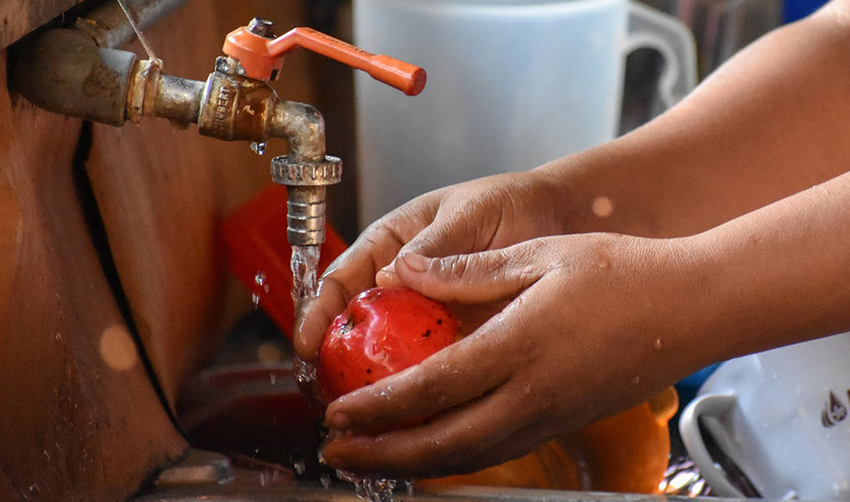A new study paints a grim picture of the future: global water scarcity is on the rise, with developing nations bearing the brunt of the crisis. Researchers warn that by 2100, two-thirds of the world’s population could lack reliable access to clean water.
This alarming prediction comes from Utrecht University in the Netherlands. Their findings, published in Nature Climate Change, reveal that over half the global population already faces water shortages for at least a month each year. This number is expected to balloon to a staggering 66% by the end of the 21st century.
The culprit? A complex interplay of factors. Socioeconomic pressures and ongoing climate change will exacerbate existing challenges, particularly in the Southern Hemisphere.
“Climate change and economic development significantly impact water availability, quality, and demand,” explains lead author Dr. Edward Jones. “Understanding these trends is crucial to predict future water scarcity.”
The study predicts uneven distribution of water scarcity. While Western Europe and North America might experience hardship for a few months annually, developing countries will likely face a more severe, year-round crisis.
“The Global South is most vulnerable,” says Jones. “Rapid population growth, economic development, climate change, and declining water quality all contribute to this disparity.”
The consequences of water scarcity are dire. Dirty water is linked to a multitude of diseases, including hepatitis A, parasitic infections, chemical poisoning, and various waterborne illnesses.
“Clean water scarcity is a systemic threat to humanity and ecosystems,” emphasizes Jones. “We must act decisively by reducing water demand and prioritizing pollution control to overcome this global challenge.”
Efforts are underway to address this crisis. Charity: Water founder Scott Harrison emphasizes the importance of clean water access, particularly for faith-based communities.
“My belief is simple,” Harrison states. “Clean water is a basic human right. When children and mothers no longer suffer due to contaminated water, that’s progress towards a better world.”













